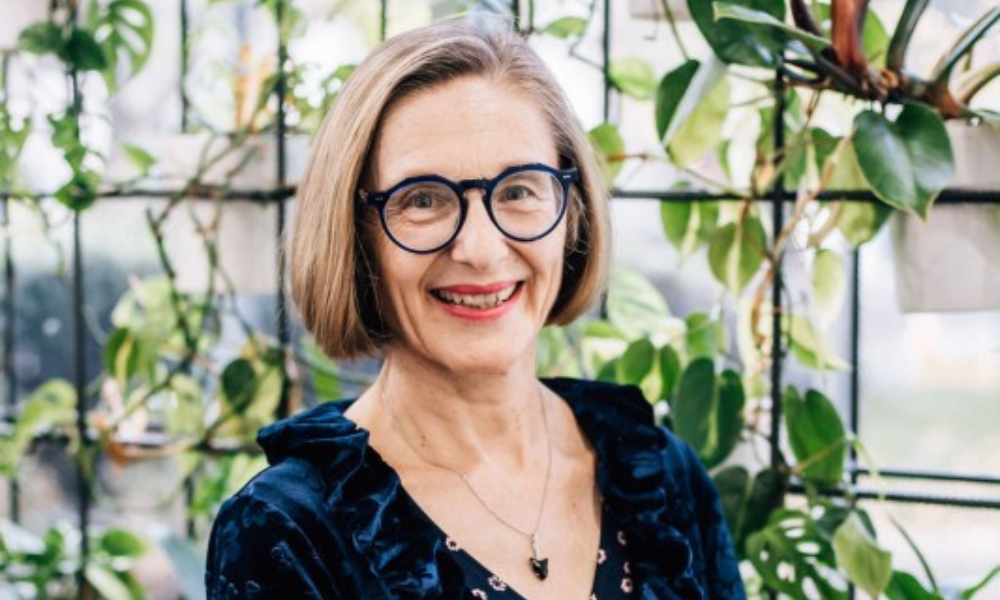
The 2024 Elite Woman discusses the different outcomes she’s lived through in her years on the job

Last week, Sonja Cooper explained to NZ Lawyer the importance of women to human rights work. In the final part of this interview, Cooper closes out the month of March by sharing how it feels to have finally achieved recognition of the abuses children and vulnerable adults have experienced, and how her work doesn’t always result in a happy ending.
The ones that probably had the most impact on me have been my Youth Court cases because you know you're working with a teenager. You are their voice, and they're incredibly vulnerable. And I think teenagers haven't yet started that journey of understanding the link between what happened to them and how that's impacted them; in fact, the impact is still developing.
Another aspect of this is how many clients we've lost to suicide, and that includes the younger clients as well. They just haven't found that inner peace. Recently, we paid the settlement funds to a client and were told about three or four days later that he'd taken his own life. Even getting the money, the recognition of his claim, hadn’t been enough for him to keep going.
On the other hand, we get lots of wonderful positive messages about what a difference we're making to people's lives. For me, it's always the sense that I always put my heart and soul into it – I always know that I've done the best I could, even if the outcome will have been dictated by a third party. The outcome may not have been as I had hoped, but it will have been the best outcome that will have been able to be achieved through the process at the time. And we’re hoping to produce a better outcome so that hopefully, future claimants won’t have to go through what current claimants went through. We’re advocating all the time for a robust, survivor trauma-informed process.
A long time ago, I was described as a three-headed dragon in a news article, and I was like, I hope I won't be still rattling around in my 80s and 90s with smoke coming out of my nose because I'm still so frustrated at the lack of progress.
I think finally, through the work of the firm, we've achieved recognition of the fact that many vulnerable adults and children have been abused in New Zealand. I want a transparent and properly resourced redress process that provides not only proper compensation, but also the necessary well-being supports that go with it. One of the things that the Royal Commission recommended was an agency to monitor those that are providing services for children and also vulnerable adults. I want the structures in place so that those who have to go into care for whatever reason are not going to be subject to the vulnerability of abuse and neglect that children and vulnerable adults have had to suffer in the past.
Well, my son is getting married at some point this year to be decided, so that will be exciting. My husband works in the practice as well (not as a lawyer), and I think we're going to need to take periods of time to re-energize because this is really demanding and we work long hours – like I work six days a week, sometimes seven days a week, same with my husband. There is so much of it, it never ends.
In terms of work, we are looking forward to being able to test a lot of the legal issues that we're concerned about, like the parameters of the Bill of Rights Act, the extent of what's the duty of care. We've been challenged to do so by the Royal Commission, and we take that challenge seriously – we've got some really cool litigation already underway. We're litigating the Crown’s direct liability and tort, challenging the Crown Proceedings Act. That obviously has major ramifications for the Crown and for all plaintiffs where the Crown is involved. We're working with a whole lot of really cool other lawyers on some cases, and I'm really excited about what we as a firm will be able to achieve this year and in the years moving forward.